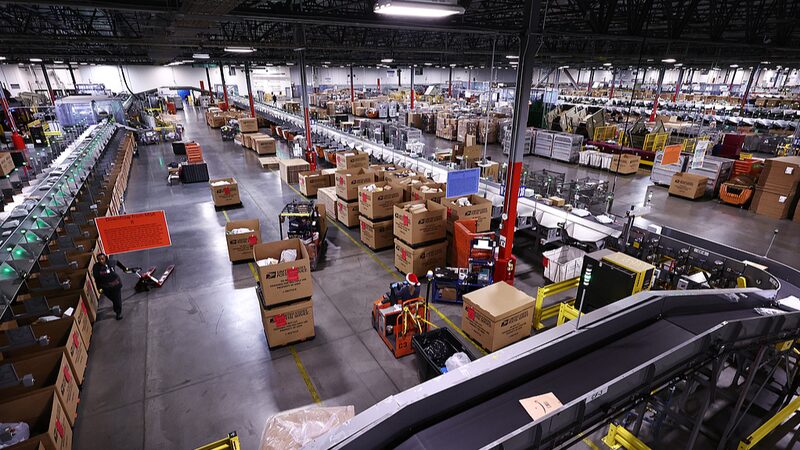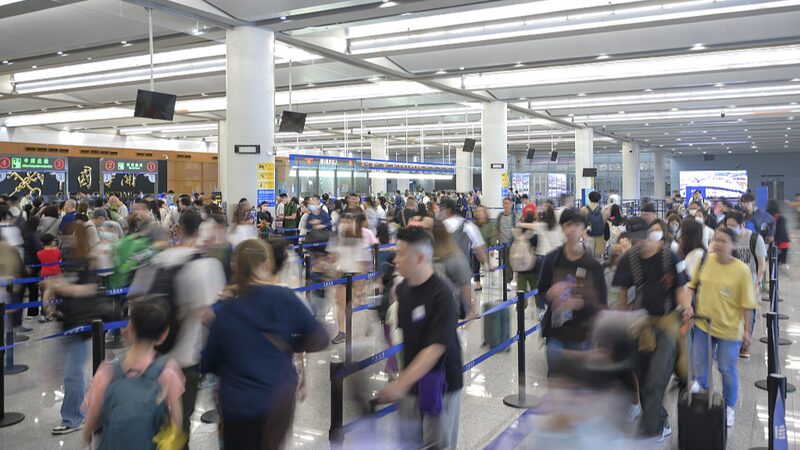In a surprising turn of events, the U.S. Postal Service (USPS) announced on Wednesday that it will continue accepting all international inbound mail and packages from the Chinese mainland and the Hong Kong Special Administrative Region (HKSAR). This U-turn comes after the USPS had previously announced a temporary suspension of inbound parcels from these regions just a day earlier.
Initially, on Tuesday, the USPS had clarified that while inbound parcels were on hold, letters and flats would remain unaffected. However, this sudden reversal has stirred significant reactions both from the Chinese government and the HKSAR authorities.
Responding to the USPS's initial suspension, the Chinese Foreign Ministry urged the United States to cease politicizing trade and economic issues and criticized efforts to undermine Chinese companies. \"China will continue to take necessary measures to firmly defend the lawful rights and interests of Chinese companies,\" stated spokesperson Lin Jian during a regular press conference.
Similarly, the HKSAR government expressed strong disapproval of the USPS's temporary suspension of inbound postal items and the additional 10 percent duty imposed on products from the region. A spokesperson emphasized the urgency for the U.S. to reverse these measures promptly.
The USPS's sudden change of stance has added to the confusion among retailers and shipping firms. The initial suspension had created uncertainty regarding the flow of goods, and the quick reversal has left many to question the underlying reasons and future stability of such policies.
While the USPS has not explicitly linked its suspension to President Donald Trump's order ending de minimis shipments from China, the organization mentioned collaboration with U.S. Customs and Border Protection (CBP) to efficiently collect new tariffs on Chinese shipments to minimize disruptions in package delivery.
Industry experts have voiced concerns over the USPS's abrupt policy changes. A postal industry expert highlighted issues with the Customs' preparedness to handle the collection of duties, stressing the challenges faced by the system. Kate Muth, executive director of the International Mailers Advisory Group, noted the immediate implementation of changes without adequate preparation has burdened CBP's limited resources.
Major international shippers have pledged to maintain deliveries, yet potential disruptions remain as the USPS and CBP work to streamline the collection of tariffs on small packages. Companies like FedEx have responded by suspending their money-back guarantee on overseas shipments amidst the ongoing uncertainties.
\"There has really been absolutely zero time for anyone to prepare for this,\" said Maureen Cori, co-founder of Supply Chain Compliance. \"What we really need is direction from the government on how to handle this.\"
Reference(s):
cgtn.com








